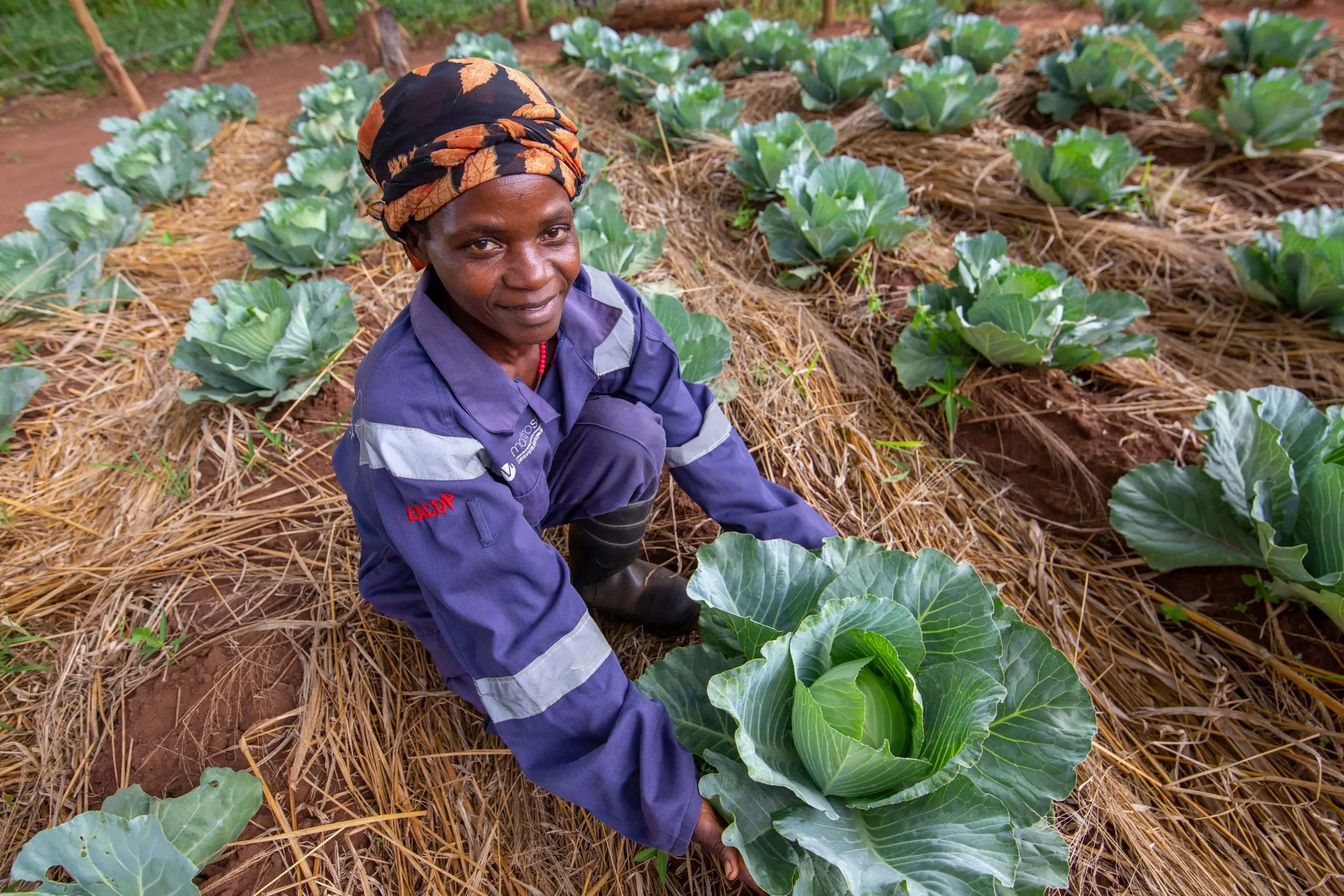
Uganda’s oil and gas projects are contributing to enhancing the lives of communities through livelihood improvement projects that target women, empowering them with skills in agriculture and different vocations. This is part of the people-centred approach to development of the projects.
The Petroleum Authority of Uganda (PAU) is ensuring that Ugandans are empowered to equitably contribute and benefit from the development of the country’s oil and gas sector—all Ugandans, in their diversity.
As the world commemorates International Women’s Day (IWD), under the global theme, “Invest in Women: Accelerate Progress”, it is a good time to take stock of the deliberate steps that have been taken to ensure that women are not left behind as Uganda’s oil and gas sector progresses. As the country prepares for first oil by putting in place the required infrastructure, close to 14,000 acres of land have been acquired, a process which has impacted about 10,000 project affected persons (PAPs). With the Tilenga, Kingfisher, East African Crude Oil Pipeline (EACOP), and Kabalega Industrial Park projects up and running, households have been compensated and/ or resettled, jobs have been created, and services have been extended closer to the people in the Albertine region.
In overseeing the activities of the licensed oil companies, which are operating the projects, the Authority requires the companies, their contractors, and sub-contractors to put measures in place to ensure that women are included in activities and processes that will affect them. This inclusion must include steps to ensure that women are empowered to actively participate in any opportunities, without discrimination based on gender.
Investing in Women
During the acquisition of land where infrastructure to support the production, and transportation of oil is/will be located, PAPs must be compensated and resettled before land is utilised. The companies must also set up livelihood restoration and improvement programmes to uplift the living standards of women. Research has shown that issues related to land acquisition for projects and finances, especially in local communities usually disenfranchise women.
This is why the Authority has ensured that resettlement plans, and livelihood programmes explicitly include women in financial decisions on compensation. In addition, women are involved throughout the compensation process. For instance, the oil companies will not pay compensation without spousal involvement and consent. This includes attending all the awareness and financial literacy sessions organised by the company so that they understand how the banking system works. As a result, compensation amounts to couples are done to joint bank accounts, where women have a say in how it will be used. The companies also carry out continuous sensitisation to mitigate any problems such as gender-based violence that many arise from this. The PAU monitors progress through periodic supervisory visits to the communities.
Women and young girls have also been empowered through scholarships at different stages of education, from primary school to tertiary education. Some of the beneficiaries are already employed in the sector in various professions from petroleum engineering and welding to accounting and law. Women have also received skills in tailoring, hospitality, and agriculture to ensure that they can support themselves and their families economically.
The Petroleum Authority of Uganda requires that the oil companies and contractors first carry out a pre-assessment of the skills that best fit the women’s needs and dynamics. In addition to granting approvals, the Authority also monitors the implementation of these activities to ensure compliance with agreed provisions. Last year, the Authority introduced the National Content Awards where one of the categories is the Inclusivity Award. This award recognised a company that has invested in empowering women, persons with disabilities and other marginalised groups within Uganda.
——
Numbers at a glance
137
The number of small and medium-term enterprises led by women and youth who have received training from the PAU on identifying and participating in business opportunities in the oil and gas sector since 2021. This was under a $USD 500,000 Business Linkages Project in partnership with the African Development Bank (AfDB) in Mubende, Kyankwanzi, Masaka, Kyotera, Sembabule, Kikuube, Rakai, Hoima, Gomba, and Kakumiro districts. Four hundred (400) enterprises have been trained in total.
450
The cumulative number of women who have been trained in financial literacy, and business development, vocational skills, and crop development in the Kingfisher project since 2021.
2,464
The cumulative number of women who have received agricultural support, vocational skills skin, and food supplies under the EACOP project since February 2022.
